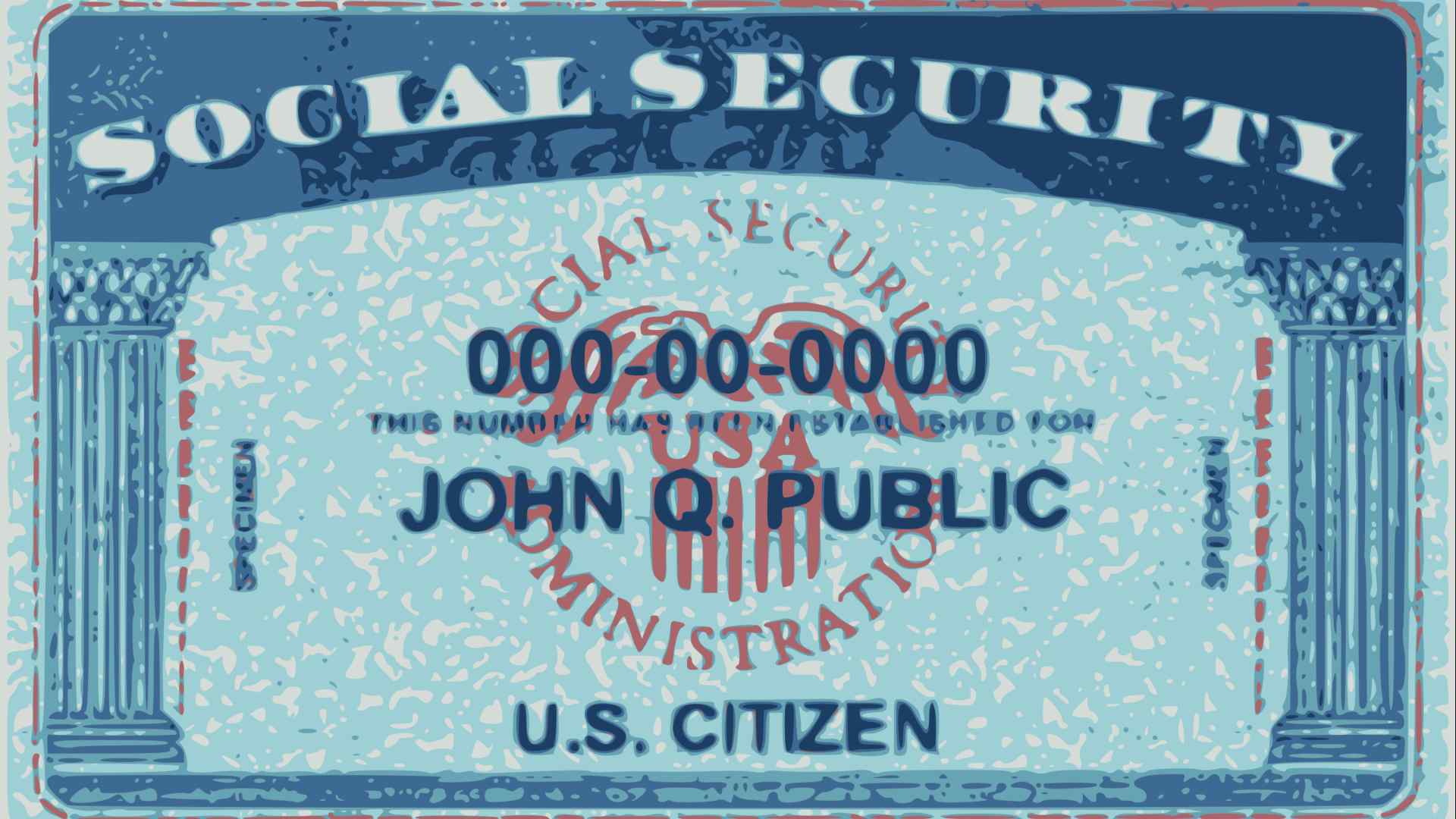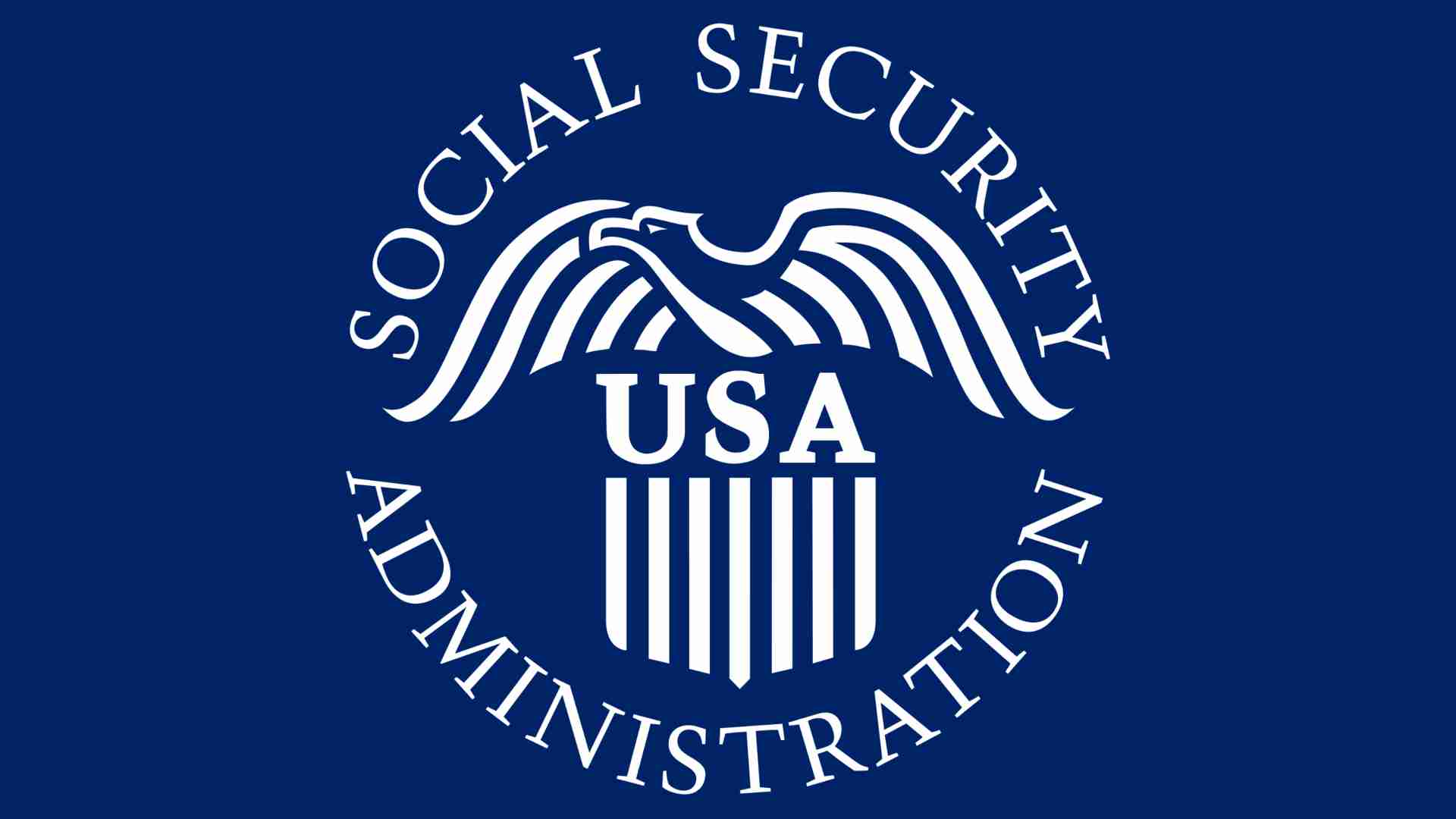An independent watchdog agency published findings of a two-year-long probe that found the Social Security Administration (SSA) has failed to properly notify some poor and disabled Americans before charging them exorbitant fines.
These excessive social security penalties on Americans reached as much as $100,000 in some cases. The report found the government had not been properly notifying fine recipients through written notices.
Probe Findings

The probe looked into an anti-fraud program at the Social Security Administration where due process violations were starting to be noticed in 2018. The investigators found that there was no evidence the government was ever sending the required written notice in some cases.
This program is run by the inspector general’s office, which investigators found had sent notification letters in other cases but never properly served people for fines.
Disabled and Elderly Affected

In 2022, the Washington Post launched its own investigation into the penalties and found out many of these people accused of fraud were disabled and elderly.
“…escalating penalties – which started before Inspector General Gail Ennis took office in 2019 as a Trump administration appointee and continued under her tenure – affected more than 100 disabled and elderly people receiving disability benefits who were accused of fraud,” the Washington Post says.
Fines Jumped

The Washington Post’s report revealed that during a seven-month period of fines in 2019 exceeded all of the ones from the entire year of 2017.
“Over a seven-month period that ended in mid-2019, 83 people were charged a total of $11.5 million, documents obtained by The Post showed – a jump from less than $700,000 for all of 2017.”
Justice Department’s Response

In response to the investigation probe, Justice Department Inspector General Michael Horowitz wrote that it made clear issues about the legality of the penalties.
Horowitz said the report raised “significant legal questions about the validity of penalties” for lower-income people and those “who are potentially subject to having their future Social Security and disability benefits withheld.”
What is the SSA?

The Social Security Administration is the federal government agency responsible for overseeing and administering payments for Social Security.
There is also a program that distributes retirement income to American workers with limited means called Supplemental Security Income (SSI). To qualify for SSI, the worker needs to be 65 years or older or meet other requirements like having a disability.
SSA Overpays Billions

An investigation into the SSA by KFF Health News and Cox Media Group found that the agency has been overpaying billions of dollars to people through its mismanagement.
After these overpayments, the SSA would then demand the money back at a 100% return rate, which many struggling people would be unable to afford.
Policy Shift

In the wake of the report findings, the SSA announced that it will be changing how it handles fines and fraud that result from overpayments for social security recipients.
The agency announced several steps, one of which would be to limit the percentage they attempt to claw back to 10 percent of an overpaid monthly benefit amount. They would also be extending repayment plans for social security recipients who are overpaid.
Adjusting Repayment Plans

Another one of the steps that the SSA will be implementing is a change to repayment plans. Social Security recipients who received an overpayment will be given an additional two years to repay the amount.
This would extend the current limit of 36 months for repayment up to 60 months.
Loosening Fault Restrictions

Previously, claimants who were overpaid had to prove to the SSA that the overpayments they received were not their fault. With these new changes, the SSA will drop this restriction, making it much easier for recipients of excessive payments to work through the process.
Critics of the SSA have long disliked this policy of blaming an individual for an overpayment mistake that the government made.
Waviers of Repayment

The SSA also said that they will make it easier for recipients to file waivers of repayment. Individuals can file these waivers if they suspect they will be unable to pay the overpayment amount they were given.
They can also be filed in the case that they think the Social Security overpayment wasn’t their fault.
Time Limit Restriction

In an interview with KFF Health News on March 20, the Social Security Commissioner floated another idea for a reform that might be considered. This reform if adopted would institute a time limit that the SSA can try to claw back an overpayment from a Social Security recipient.
These demands can be costly and frequent. SSA documents uncovered by KFF Health News and Cox Media Group show that over 2 million Americans are given repayment demands every year.

